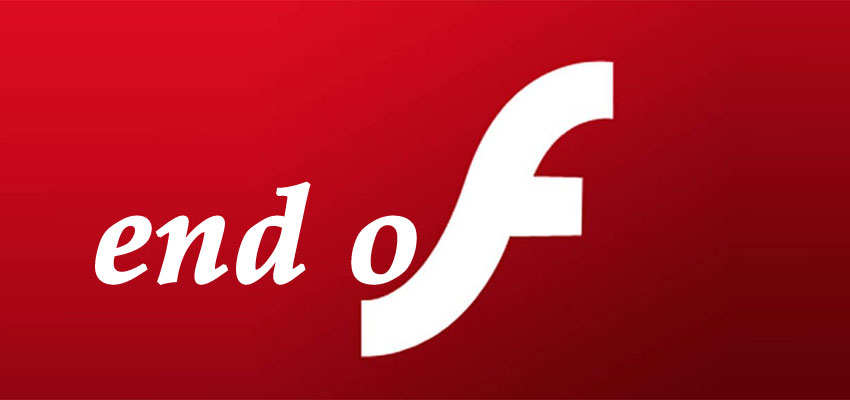Adobe has started blocking Flash content for computer users across the world, now displaying a warning instead that advises them to uninstall Flash Player.
After thriving throughout the 1990s and early 2000s, and then limping through the 2010s in a post-iPad world, Adobe Flash and Flash Player is officially finished. Issuing its final Flash update in December, Adobe announced its intent to block Flash content from running from today, January 12, 2021.
Several months before its final Flash update, Adobe added code to prevent Flash from running inside the browser plugin, meaning that avoiding this final update won't enable Flash content to work.
The warning will be presented on about 2% of the world's websites that still use Flash content: around the time Apple co-founder Steve Jobs in 2010 declared Flash unfit for the iPad and iPhone, Flash was used on nearly a third of the world's websites.
Adobe says on its end-of-life page for Flash Player that: "Adobe will block Flash content from running in Flash Player beginning January 12, 2021. Adobe strongly recommends all users immediately uninstall Flash Player to help protect their systems."
The reason for urging people to uninstall Flash is that Adobe will not issue Flash Player updates or security patches: "Therefore, Adobe will continue to prompt users to uninstall Flash Player and strongly recommends that all users immediately uninstall Flash Player."
n early 2021, Microsoft plans to release the "Update for the removal of Adobe Flash Player" for all versions of Windows 10. It's been available as an optional update on Windows Update Catalog since October, but will be released more broadly via Windows Update and WSUS in coming months. The update permanently removes Adobe Flash Player as a component of Windows devices.
Microsoft will start recommending users install the update a few months after it becomes available through Windows Update and WSUS. Once it's installed, users can't uninstall the update.
Adobe announced the end of Flash in mid-2017 along with Apple, Facebook, Google, Microsoft and Mozilla.
Ahead of this shift, browser makers including Google and Mozilla announced plans to end default support for Netscape Plugin Application Programming Interface (NPAPI) plugins, except Flash.
Illustrating the importance of Flash to the web in 2013, Mozilla decided it would stop all third-party NPAPI plugins in Firefox from activating by default. It restricted all plug-ins to the click-to-play model, except for Flash because of the volume and variety of Flash content on websites.
The big shift occurring was the emergence of mobile browsers that didn't support NPAPI, as well as seemingly endless dangerous security holes, not just in Flash, but all NPAPI-based plug-ins, including Java.
Read the detailed article on ZDNet by Liam Tung


